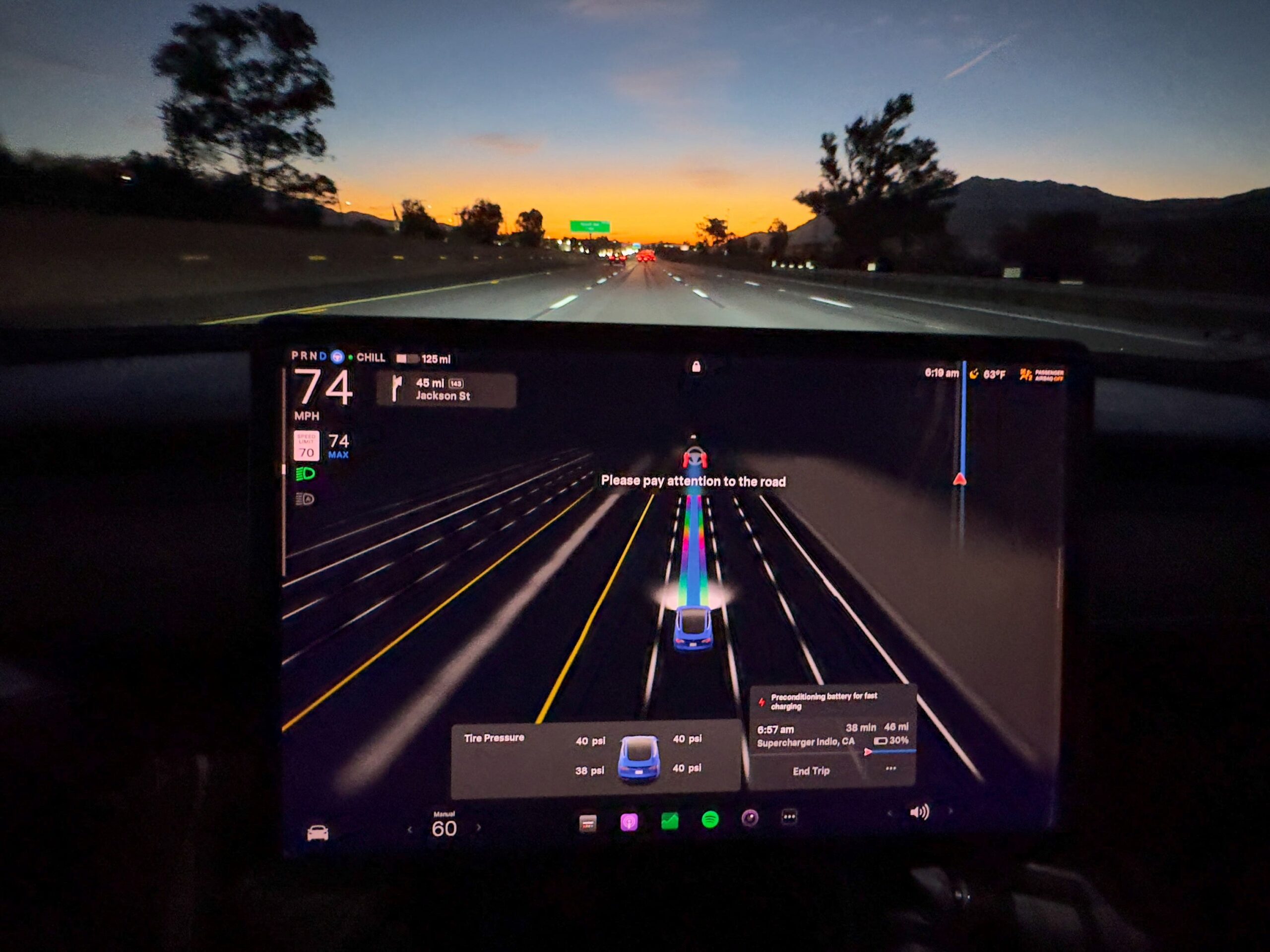The future of Tesla’s operations in California is uncertain following a weeklong court hearing focused on the company’s advertising practices. The California Department of Motor Vehicles (DMV) has accused Tesla of misleading consumers regarding its “Full Self-Driving” technology. The DMV seeks to suspend Tesla’s license to manufacture and sell vehicles in the state for at least 30 days and is pursuing monetary damages for consumers.
This legal challenge stems from a lawsuit filed by the California DMV in 2022, which claims that Tesla’s marketing of its “Full Self-Driving” and “Autopilot” systems creates a false impression that the vehicles can operate autonomously. The DMV argues that the terminology used by Tesla is deceptive and has contributed to consumer misunderstanding about the capabilities of these driver assistance technologies. A ruling from Administrative Judge Juliet E. Cox is pending following the conclusion of the hearing on Friday.
During the proceedings, the DMV presented evidence that Tesla’s website advertised its driver assistance system as being capable of conducting trips without requiring action from the driver. The complaint cites statements such as, “From Home – All you will need to do is get in and tell your car where to go,” which, according to the DMV, misrepresents the actual capabilities of the vehicles. Ailene Short, branch chief for the licensing department at the California DMV, noted that vehicles equipped with these features were not, and still are not, capable of autonomous operation.
Matthew Benedetto, a member of Tesla’s legal team, defended the company by asserting that Tesla has never claimed its vehicles can fully drive themselves. He reiterated that buyers are informed they “cannot fully rely” on the Full Self-Driving or Autopilot systems. On the stand, Benedetto stated, “Cars with Full Self-Driving capabilities are currently not capable of driving themselves,” emphasizing the company’s position on consumer awareness.
The hearing takes place at a pivotal time for Tesla, as the company has experienced a decline in sales in the first half of 2025. Additionally, the brand has faced negative publicity linked to CEO Elon Musk, who has drawn criticism after becoming the face of the White House’s DOGE Office. Protests against Tesla occurred nationwide in March, further complicating the company’s public image.
Testimony from DMV witness Melanie Rosario highlighted perceived contradictions in Tesla’s advertising. Rosario expressed that the term “Autopilot” implies autonomous driving capabilities, stating, “To me, ‘Autopilot’ means it can drive itself or do things on its own.” She pointed out that this interpretation conflicts with disclaimers instructing drivers to remain attentive and ready to take control.
The hearing also featured expert testimony from Bryant Walker Smith, a voting member of the Society of Automotive and Aerospace Engineers. He articulated the importance of clear distinctions between driver assistance and automated driving features, asserting that every driver must know whether they are in control of the vehicle. “Every driver needs to know without ambiguity or doubt or any confusion an answer to this basic question: am I driving?” Smith stated.
In contrast, Tesla presented its own findings through witness Stephen Nowlis, a professor of marketing at Washington University in St. Louis. He shared results from a survey commissioned by Tesla, which suggested that consumers were “not confused” by the company’s terminology. However, critics noted that the survey did not encompass all potential Tesla users.
Legal expert Eric Goldman, from Santa Clara University School of Law, characterized the DMV’s lawsuit as “very high-stakes” for Tesla. He pointed out that even if Tesla prevails in this case, the company will still face scrutiny over its advertising claims in other contexts. Tesla is currently contending with multiple legal challenges related to its driver assistance technologies, including a wrongful death lawsuit in Florida concerning a crash that occurred while using Autopilot, as well as a class-action lawsuit and an investigation by the National Highway Traffic Safety Administration regarding incidents of “phantom braking.”
As the court deliberates, the outcome of this case could significantly impact Tesla’s operations and its relationship with consumers in California and beyond. The situation underscores the ongoing debate over the responsibilities of automakers in accurately representing their technologies and the potential consequences of misleading advertising.
